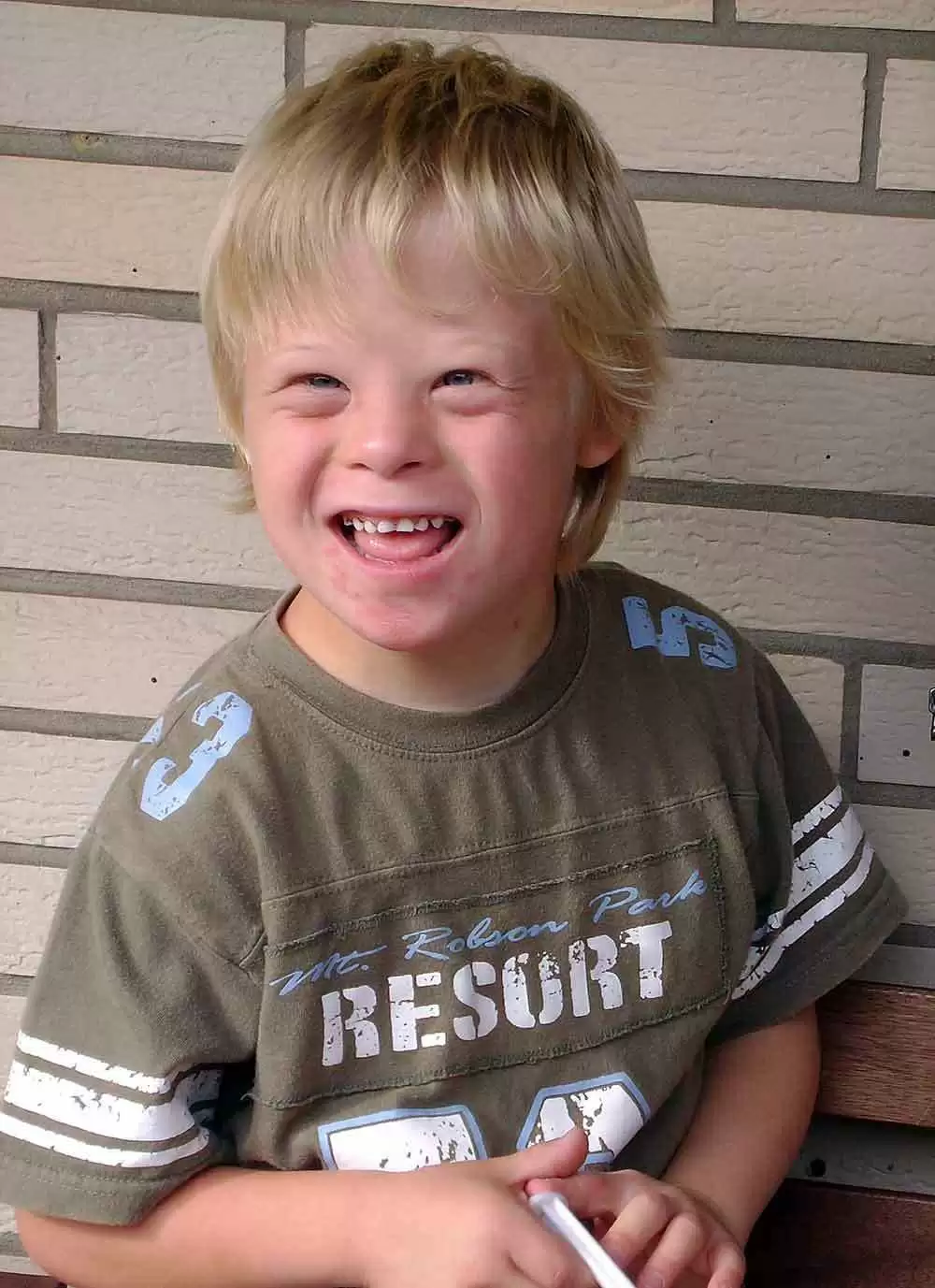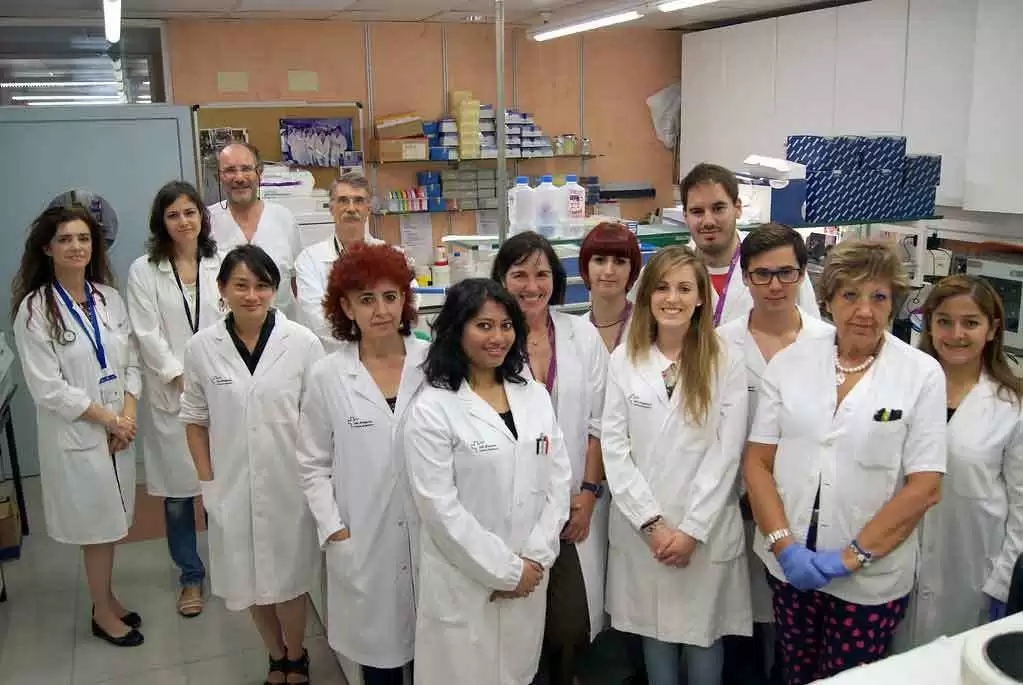
Celiac.com 11/03/2020 - After four years of coordination, compilation, rigorous assessment and writing, the Global Down Syndrome Foundation (GLOBAL) has issued its medical care guidelines for adults with Down syndrome, aka the Global Guideline.
The Global Guideline was peer reviewed, edited, and published in the October 2020 issue of the Journal of the American Medical Association (JAMA). The Global Guideline is the first of its kind, and is available in full at no cost.
Celiac.com Sponsor (A12):
Global Guideline contributors include the clinical directors of eight of the country's eight top adult Down syndrome research and treatment centers: Advocate Health Care in Chicago; University of Pittsburgh Medical Center; Kennedy Krieger Institute at Johns Hopkins School of Medicine; University of Kansas Medical Center; University of Arkansas for Medical Sciences; and Denver Health in conjunction with the Anschutz Medical Campus School of Medicine at University of Colorado.
The Global Guideline is aimed at clinicians and focuses on nine areas of care: Atlantoaxial Instability, Behavioral Health, Cardiovascular Disease, Celiac Disease, Dementia, Diabetes, Obesity, Osteoporosis, and Thyroid.
It is made up of 14 recommendations and 4 statements of good practice. Some of the recommendations align with existing guidelines for individuals without Down syndrome, and two are markedly different. There were several questions associated with the recommendations that had no published research evidence, and therefore were answered based on the clinical expertise of the authors.
Successful completion of the project, and publication in JAMA, means that Global can now "focus on collaborating with other Down syndrome and disability organizations as well as medical institutions to ensure clinicians are following our Global Guideline and measuring outcomes," says Global President & CEO Michelle Sie Whitten.
"From the beginning, GLOBAL has been leading the way, empowering people with Down syndrome with improved care and health outcomes," says mom Darlene Beals. "The Global Guideline is an important new resource for my 24-year-old son Alan, and I believe if anyone can get to the bottom of health disparities for African Americans with Down syndrome, it's GLOBAL."
GLOBAL is supported by over 50 local, national, and international Down syndrome organizations and several generous sponsors. By the end of 2021, GLOBAL plans to translate the guidelines into several languages, and distribute it widely. GLOBAL plans to update and expand the Global Guideline every 6 years.
Global Guideline for Down syndrome may be printed and downloaded for personal and clinical use free of charge. Celiac disease is associated with Down syndrome.
Celiac disease is common in children with Down syndrome, and celiac screening is important for people with Down syndrome.
Read more at in JAMA
The Global Down Syndrome Foundation Medical Care Guidelines for Adults with Down Syndrome Workgroup includes: Peter Bulova, MD: Associate Professor of Medicine, University of Pittsburgh Medical Center, Pittsburgh, Pennsylvania; George Capone, MD: Director, Down Syndrome Clinic & Research Center, Kennedy Krieger Institute, Associate Professor of Pediatrics, Johns Hopkins School of Medicine, Baltimore, Maryland; Brian Chicoine, MD: Medical Director, Advocate Medical Group Adult Down Syndrome Center, Park Ridge, Illinois; Terry Odell Harville, MD, PhD, D(ABMLI) D(ABHI): Professor of Pathology and Laboratory Services, and Internal Medicine, Department of Pathology and Laboratory Services, and Department of Internal Medicine, Division of Hematology, University of Arkansas for Medical Sciences, Little Rock, Arkansas; Barry A Martin, MD: Associate Professor of Clinical Practice, Division of General Internal Medicine, University of Colorado School of Medicine, Anschutz Medical Center, Aurora, Colorado; Dennis McGuire, LCSW, PhD: Private Practice, Evanston, Illinois; Kent D. McKelvey, MD: Associate Professor, Rockefeller Chair in Clinical Genetics, University of Arkansas for Medical Sciences, Little Rock, Arkansas; Moya Peterson, PhD, APRN, FNP-BC: Clinical Professor, University of Kansas Medical Center, Schools of Nursing and Medicine, Kansas City, Kansas; Amy Y Tsou, MD, MSc: Evidence-based Practice Center, ECRI Center for Clinical Excellence and Guidelines, Plymouth Meeting, Pennsylvania; Staff Neurologist, Division of Neurology, Michael J Crescenz Veterans Affairs Medical Center, Philadelphia, Pennsylvania; Carl Tyler, MD, MSc: Director of Developmental Disabilities - Practice-Based Research Network, and Professor, Family Medicine and Community Health, Cleveland Clinic Lerner College of Medicine, Case Western Reserve University School of Medicine, Cleveland, Ohio; Michelle Sie Whitten, MA: President & CEO, Global Down Syndrome Foundation, Denver, Colorado; Bryn Gelaro, MA, LSW: Director of Adult Initiatives, Global Down Syndrome Foundation, Denver, Colorado; and Michael Wells, BS: Formerly Research Coordinator, Developmental Disabilities - Practice-Based Research Network, Cleveland, Ohio.








Recommended Comments
There are no comments to display.
Create an account or sign in to comment
You need to be a member in order to leave a comment
Create an account
Sign up for a new account in our community. It's easy!
Register a new accountSign in
Already have an account? Sign in here.
Sign In Now